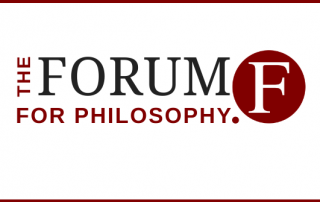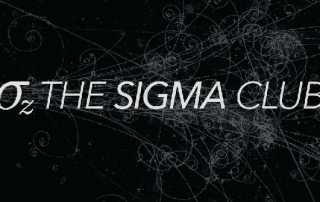Heather Browning (LSE): “Assessing Measures of Animal Welfare”
Heather Browning (LSE): “Assessing Measures of Animal Welfare”
There are many decision contexts in which we require accurate information on animal welfare, but many of the methods currently used for estimating welfare are subjective and unreliable. Here, I look at how we might apply principled methods from animal welfare science to arrive at more accurate scores, which will […]







Connect with us
Facebook
Twitter
Youtube
Flickr